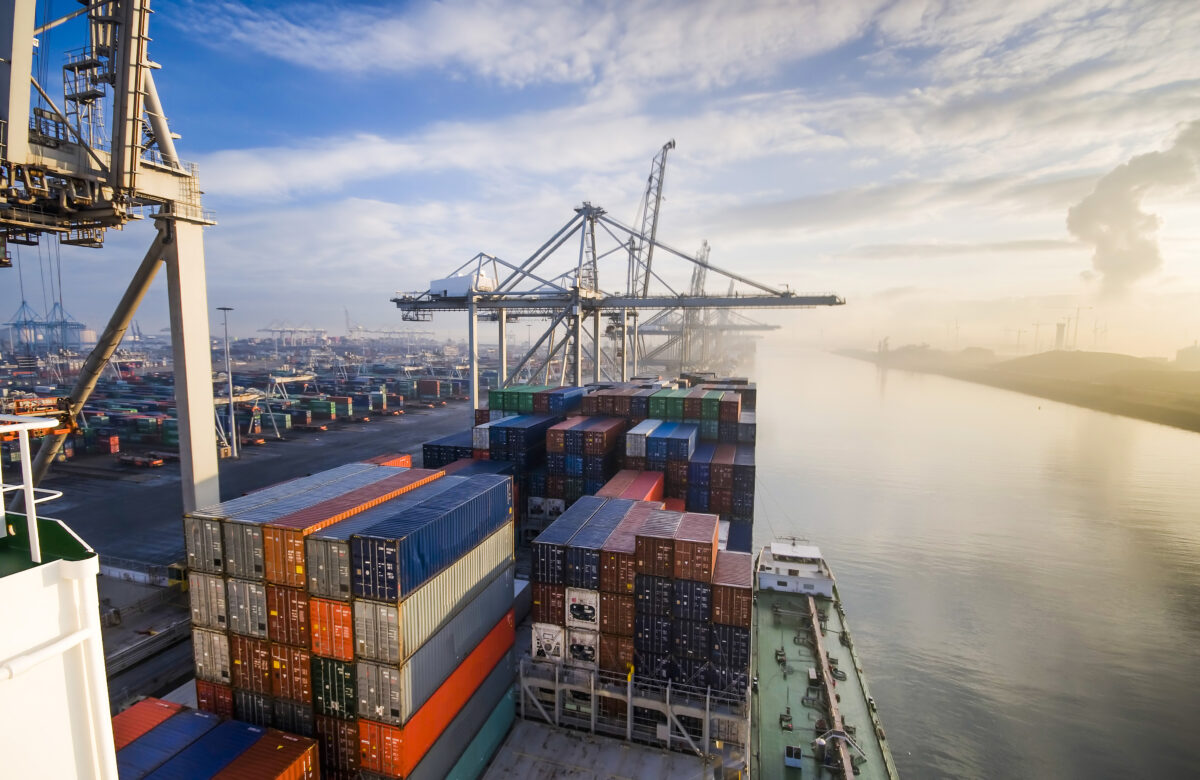On May 6, 2020, the European Commission adopted a new implementing regulation (EU) 2020/625, thus amending the existing implementing regulation (EU) 2019/1793. The regulation deals with temporarily increased border controls and emergency measures for certain imported food products and animal feed from non-European countries.
The amendment may lead to delays in customs clearance or to import bans being imposed if the new required certificates cannot be presented.
Stronger customs control of food and feed
The changes are prompted by results of the Rapid Alert System for Food and Feed (“RASFF”), which reports food incidents.
In addition, new information on official food and feed controls is regularly generated by the EU Member States themselves and reported to the Commission on consignments of food and feed of non-animal origin.
Annex I of the Regulation lists the food and feed products affected by the temporarily reinforced border controls. Here are some examples:
- oranges, mandarins, clementines, wilkings and similar citrus fruits from Turkey
- Dried grapes and pomegranates from Turkey
- Spice blends from Pakistan
- Beans from Kenya
- Curry leaves from India
For the following goods, the relevant European safety requirements have been applied to the greatest extent possible – therefore, no further controls are applicable here:
- Raspberries from Serbia
- Dried apricots, otherwise prepared or preserved, from Turkey
- Lemons from Turkey
Customs taking samples
In addition, special measures are taken for certain goods when they are imported within the framework of an official customs inspection. The goods concerned are listed in Annex II to the Regulation.
Due to the increased risk of contamination by mycotoxins (including aflatoxins), pesticide residues, pentachlorophenol and dioxins and microbial contamination, some goods are subject to special controls. These include mainly goods made from nuts, certain fruits and spices. In individual cases, certificates proving the sterility of the goods must be carried along with the import.
Import certificate for sesame
For example, all shipments of sesame seeds from Sudan and Uganda must now be accompanied by an official certificate. This certificate must prove that all sampling and analysis results have shown the absence of Salmonella in 25 g. The product concerned is currently classified under customs tariff number 1207 40 90.
In this context, the Commission also clarified that tariff heading 1207 40 90 covers both raw and processed sesame seeds. According to the Commission, the risk was the same for both types of product.
Import certificate for peppers (Capsicum)
Official certification must also be enclosed for peppers of the Capsicum species (except vegetable peppers) from India and Pakistan. This must certify that the products have been sampled and tested for pesticide residues and that the relevant maximum pesticide residue levels have not been exceeded.
The product concerned is currently classified under customs tariff numbers 0709 60 99 and 0710 80 59.
The Commission also emphasizes that the importation of consignments of sesame seeds from Sudan and Uganda and consignments of Capsicum peppers (other than sweet peppers) from India and Pakistan, which are not accompanied by an official certificate and sampling and analysis results, may be exceptionally authorised, provided that the consignments have left their country of origin or dispatch before 27 May 2020.
Import ban on betel leaves and dried beans
Additionally, there is also an import ban for certain goods. These include, for example, food that contains or consists of betel leaves from Bangladesh (customs tariff number 1404 90 00). The reason for this are numerous controls, which resulted in a proof of Salmonella in the commodity.
Food products from from Nigeria which are made from dried beans may not be imported into the EU until the end of June 2022 due to the danger of pesticide residues. These are classified under the customs tariff numbers 0713 39 00, 0713 35 00 and 0713 90 00.
Net weight decisive for exception
In addition, the Commission has clarified the following in relation to quantity data:
Certain categories of consignments of food and feed are excluded from the scope of the implementing Regulation (EU) 2019/1793, provided that their gross weight does not exceed 30 kg. However, this weight limit should refer to the products themselves and not to the containers or packaging, as only the goods themselves are subject to risk. In this respect only the net weight is decisive.
Dieser Artikel wurde am 28. September 2020 erstellt. Die fachliche Zweitprüfung hat Rechtsanwalt Dr. Tristan Wegner durchgeführt.

